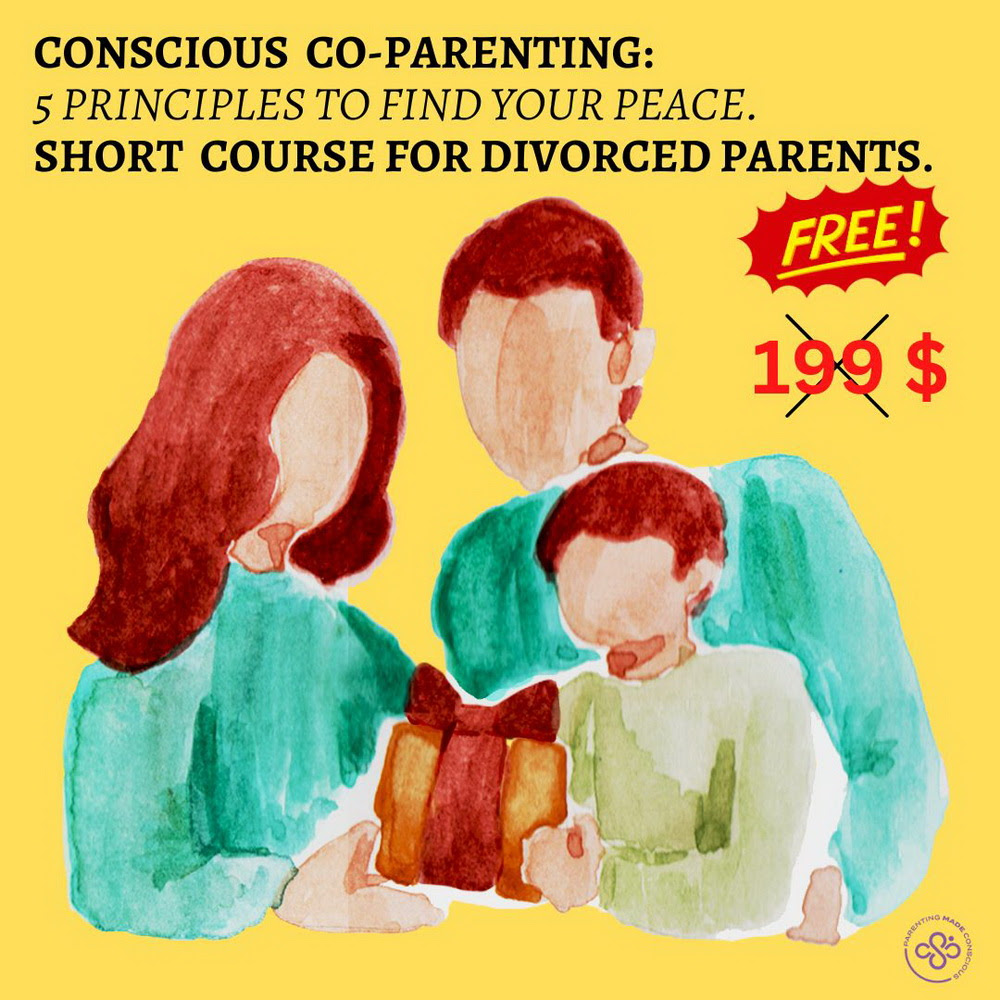School is almost over; summer vacation is right around the corner, and I hope these fragments from my book are going to help you.
Tips and Techniques for When You Feel Triggered
All tips and techniques will both work and fail, depending on the situation, your level of reactivity, and the level of your child’s emotional distress. For each technique, it is helpful to bring your awareness back to the body and the present moment by breathing deeply three or four times.
WHEN YOU FEEL LIKE SCREAMING OR CRYING
Take a five-minute time-out. Make sure your child is safe (either alone or with another adult), then say, “I love you, but I need a few minutes alone. If you feel like crying, allow yourself to do so. This is your body releasing the hurt that clutters your thinking.
WHEN YOU START TO BARGAIN
Remember that you are the adult in the relationship; your job is to keep your child safe by setting firm but loving limits. Lower yourself so that you are at eye level with your child, which sends a non-verbal signal that you are on their side (and not against them). In a gentle tone of voice, set a firm limit with love. For example: “I can’t let you have a second ice-cream/watch another episode of TV-but I’ll stay with you until you feel better.”
WHEN YOU ASSUME NEGATIVE INTENT
Always remember that young children are incapable of negative intent (the prefrontal cortex of their brain is not fully developed to do so.) When children oppose us, they are simply trying to learn and discover the world around them. Instead of assuming negative intent, be curious. Ask yourself, “What is my child looking for/ thinking/wanting to discover?” “How can I help?” “How can I best serve this growing mind at this moment?”
WHEN YOU WANT TO BLAME
Blame leads to guilt and shame. A child who feels guilty and ashamed will lose their confidence and sense of personal power. Instead, turn the mirror inward and ask yourself, “How could I have helped my child before this happened?” “Was I present with my child before this happened?” “What was my child’s need when they did/said . . . ?”
WHEN YOU FEEL GUILTY OR ASHAMED
Don’t run away from these feelings. Ask yourself, either in the moment or later, “When did I feel guilty or ashamed as a child?” “Who made me feel this way?” “Who was there for me when I felt guilty or ashamed?” “Can I reconnect with myself as this child and show that I love them?”
Keep a photo of yourself as a child somewhere you will see it every day. Look at this photo and send unconditional love and acceptance to your younger self.
*********FREE COURSE FOR DIVORCED PARENTS**********
If you are not divorced, but have a very different parenting style from your spouse, this course is also for you.
Watch it here for free, for a limited time.

click here
Watch my new video on YouTube: The 4 Pillars of Connection
Make sure to subscribe!

